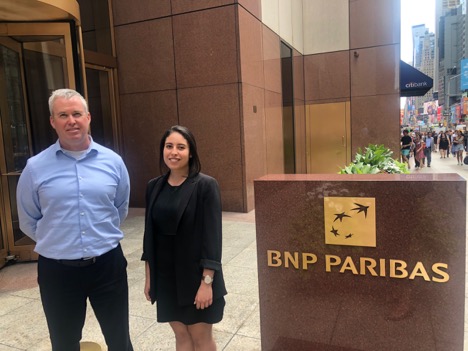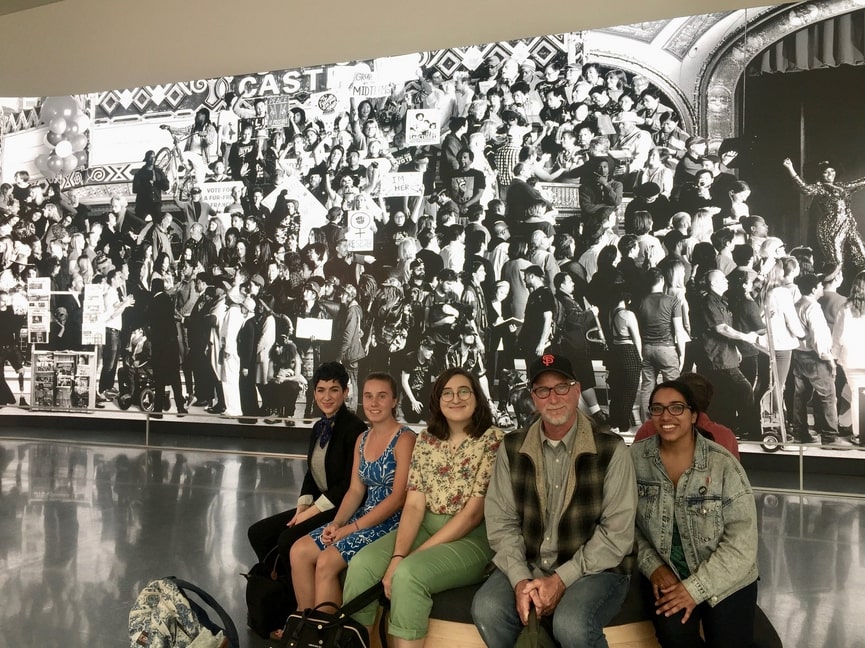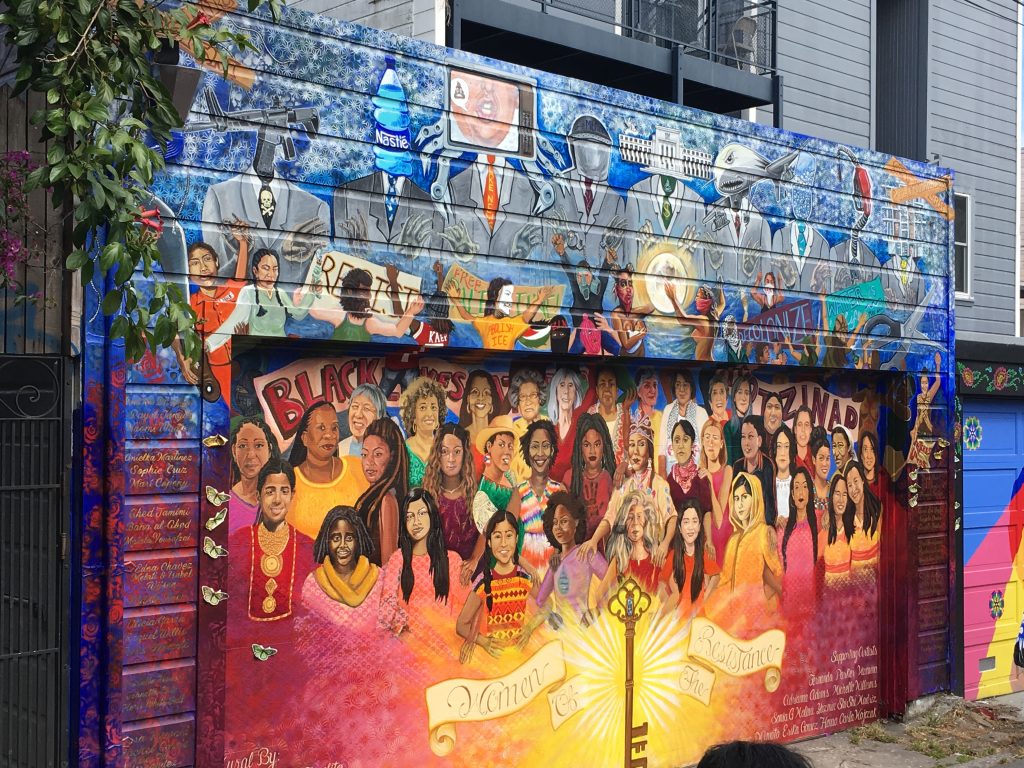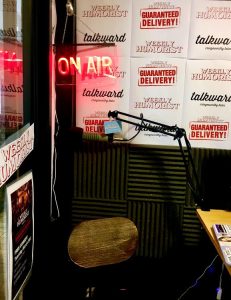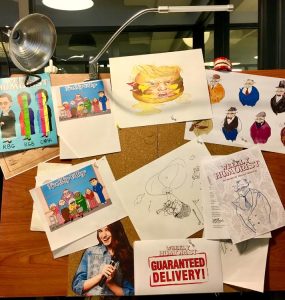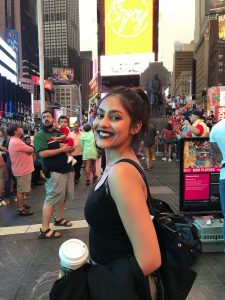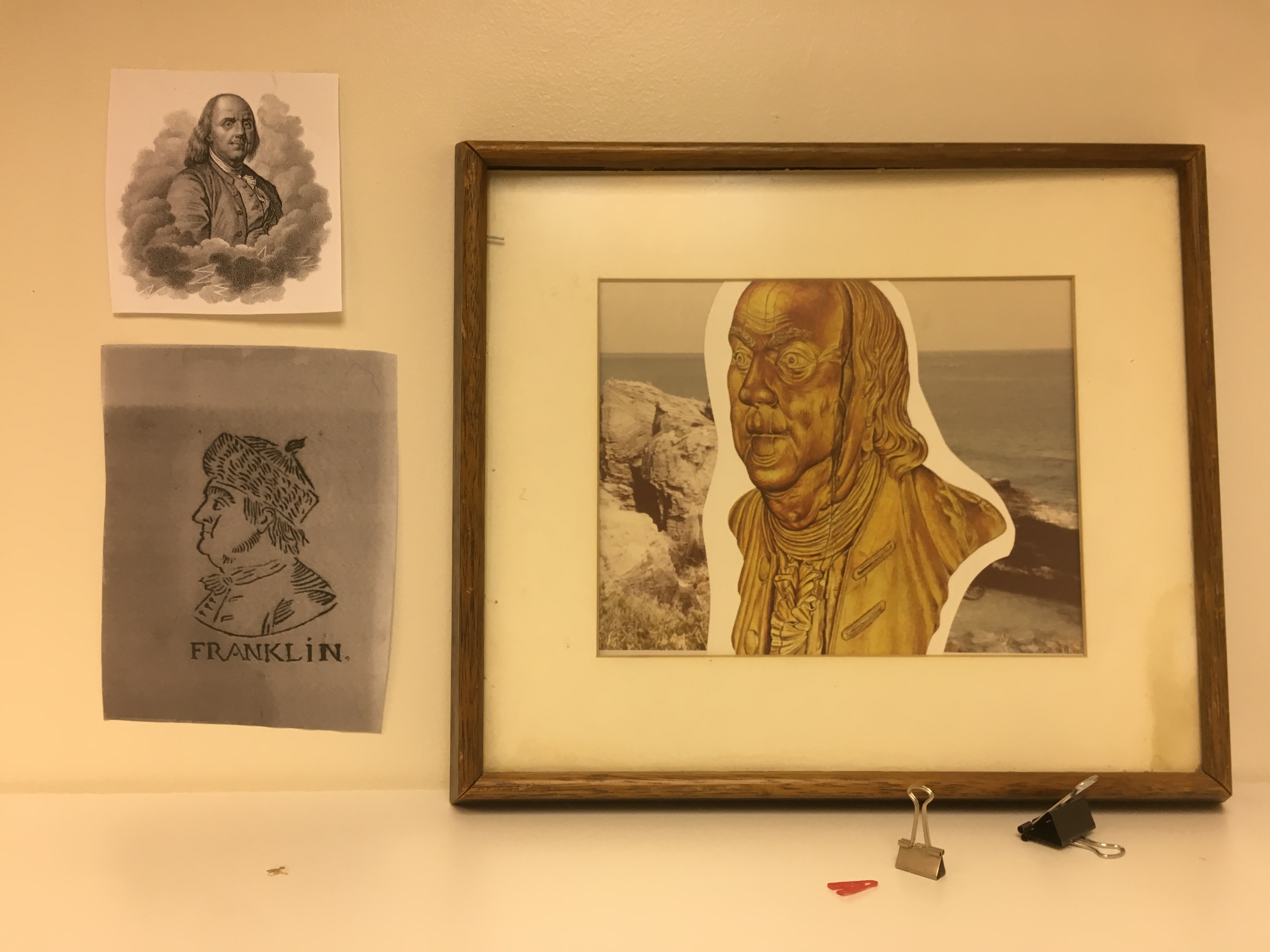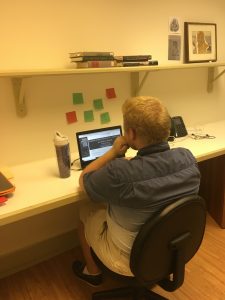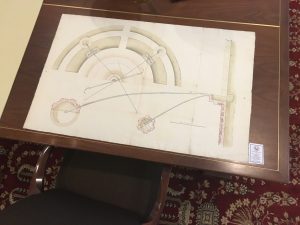Name: Samantha Forestier
Class Year: 2020
Major: Biology
Hometown: Malden, Mass.
Internship Organization: Breakthrough Atlanta
Job Title: Teaching Fellow
Location: Atlanta
It has been an exciting summer teaching! Breakthrough Atlanta goes above and beyond in preparing students for college. The mission of Breakthrough Atlanta is to close the opportunity gap in education and make college a goal for all of its participants. In order to achieve this goal, they host summer classes and enrichment activities for middle- and high-school students to prevent summer learning loss and to prepare them for the upcoming school year.
I have been working with a group of 30 8th grade students. I teach them physical science for two periods in the morning. Later in the afternoon we teach public speaking, an elective, STEM clinic and other enrichment activities. My self-designed elective is called “Lab Rats,” where the students get to participate in experiments and have a hands-on approach to science. During my downtime I collaborate with the other science teachers to create lesson plans that align with Georgia’s learning standards and I meet with my instructional coach to review observation notes. Building relationships between students and families has been essential through the program as there are parent conferences and student-led meetings throughout the summer. Relationship building is also essential in creating a positive classroom culture and mutual respect. I have learned so much through this experience and I’m grateful to be working towards an important mission.
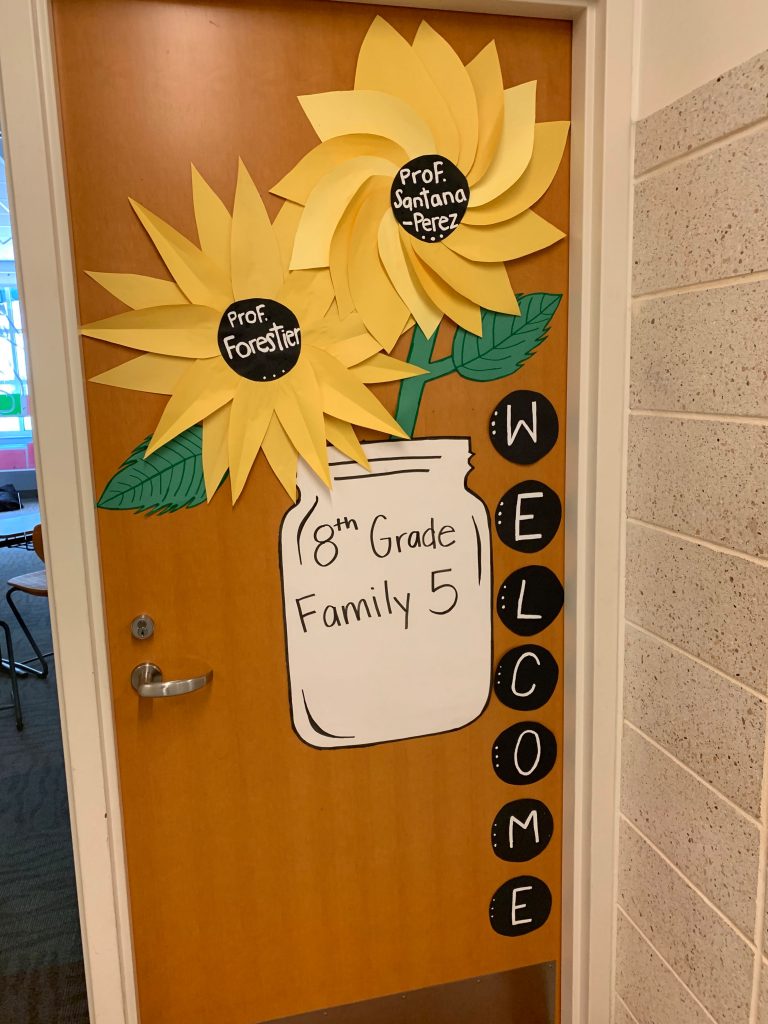
I applied for this internship because I love working with children. I’m a pre-med, biology student and I plan on entering a career in pediatric medicine. I have gotten some experience working with toddlers and I was interested in working with some different age groups. I wanted to try something different this summer and teaching has always interested me. The internship was definitely out of my comfort zone, but I have had an amazing experience so far.
My favorite part of the internship has been the relationships I have been able to form with the students and with the other teaching fellows. I was originally nervous about being able to get to know my students while teaching them physics. It took a little while for my class to get used to my personality and my teaching style, but after a week I could really see a shift in attitude. I love being able to eat lunch with the students and get to learn more about their life and interests outside of the classroom. I look forward to seeing my students as they walk up the bridge in the morning and I enjoy the conversations we get to share.
The other teaching fellows have been an amazing support through this entire process. Many of them have had prior teaching experience and they are always quick to share tips and advice. They are always there to give me a pep-talk after a bad lesson or to offer support in lesson planning. It’s an amazing experience that all of these different college students are able to come together to help close the opportunity gap.
Three Adjectives: Collaborative, motivated, empowered
Three Nouns: Relationships, opportunity, potential

